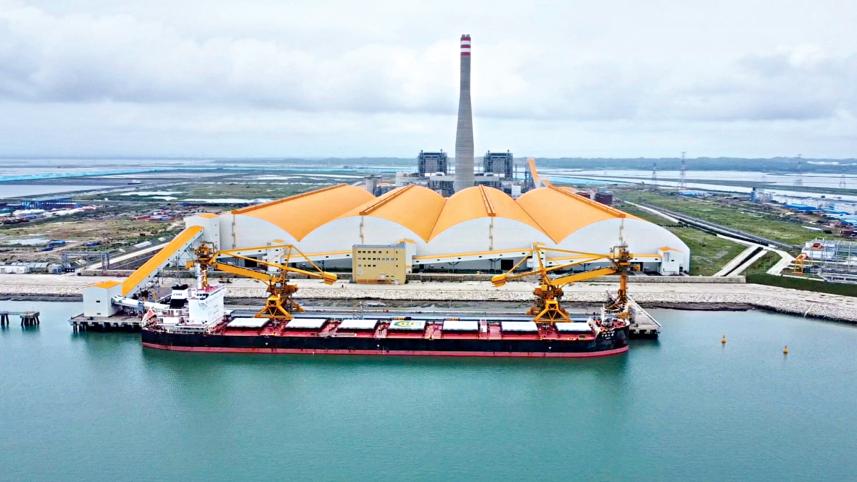Grant bond licence to seafood exporters

Completely export-oriented seafood processors should be allowed to avail bond licence facilities, which enable duty-free raw material imports, to unlock the full potential of Bangladesh's blue economy, the Maheshkhali Integrated Development Authority (Mida) has proposed.
The proposal came during a high-level stakeholder consultation convened by Mida at Biniyog Bhaban in the city's Agargaon area yesterday, reads a press statement.
Senior officials from key government agencies attended the event to formulate an integrated action plan for the development of deep-sea fishing, mariculture, seafood processing, aquaculture, and marine fisheries research, it added.
Chaired by Mida Executive Chairman Ashik Chowdhury, the meeting identified urgent regulatory and infrastructural interventions to attract investment and facilitate sustainable growth across blue economy value chains.
"This sector is now receiving due importance as a national priority. Following consultations with the chief adviser, we have added deep-sea fishing as the fourth pillar of Maheshkhali's development, alongside industrialisation, energy hub expansion, and the deep-sea port," Chowdhury said.
He noted that while Mida would coordinate and catalyse progress, implementation would rest with the relevant ministries and agencies.
According to the Mida proposal, the bond licence facility, one of the key discussion topics at the meeting, will significantly improve seafood processors' competitiveness in global markets.
The move aims to strengthen Bangladesh's position as an emerging hub for marine exports, particularly in value-added products such as scallops, vannamei shrimp, tuna, and salmon.
Tanzim Faruq, executive member of Mida, presented a detailed framework outlining regulatory, logistical, and investment reforms.
Other key measures discussed include fast-tracking approvals for longliners and support vessels, issuing deep-sea fishing licences to attract anchor investors, and streamlining clearance procedures for jetty development in Khurushkul, Cox's Bazar, to facilitate deep-sea trawler operations.
An online approval system was proposed to speed up the import, processing, and re-export of high-value seafood species, while regulatory permits were recommended for the processing and export of local bycatch.
Participants also proposed allocating coastal land to support the expansion of mariculture ventures.
To further incentivise investment, the meeting endorsed special schemes such as reduced electricity tariffs for shrimp and seafood industries to lower operating costs and enhance export competitiveness.
Mandatory registration of all seagoing fishing boats and trawlers was also recommended to curb illegal, unreported, and unregulated fishing.
Mida said it will compile the recommendations into a comprehensive implementation roadmap, with periodic follow-ups to ensure coordination among stakeholders.
Senior officials from the ministries of fisheries and livestock, commerce, and environment, the National Board of Revenue, the Bangladesh Economic Zones Authority, and the Cox's Bazar district administration also attended the meeting.



 For all latest news, follow The Daily Star's Google News channel.
For all latest news, follow The Daily Star's Google News channel.